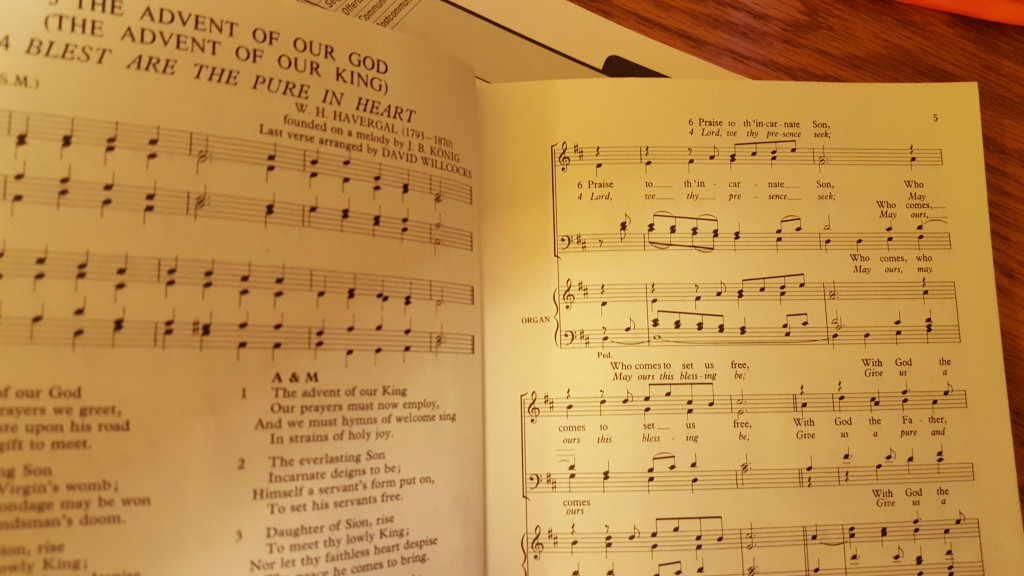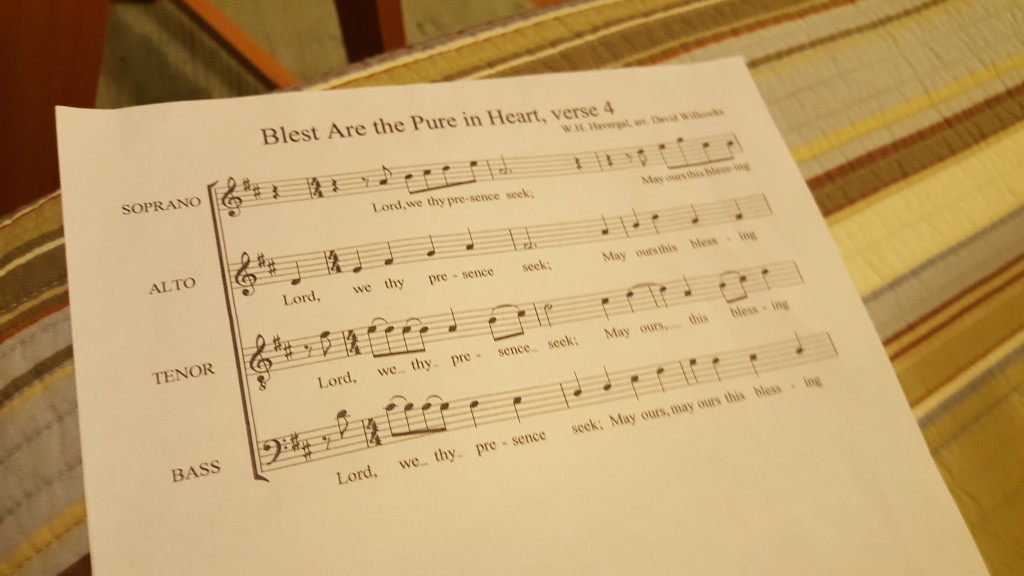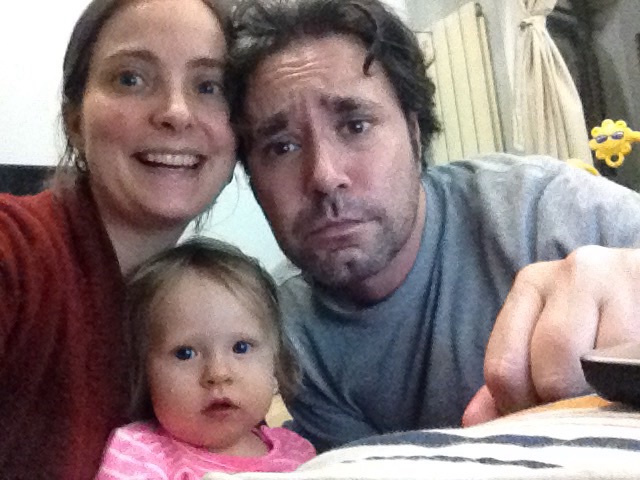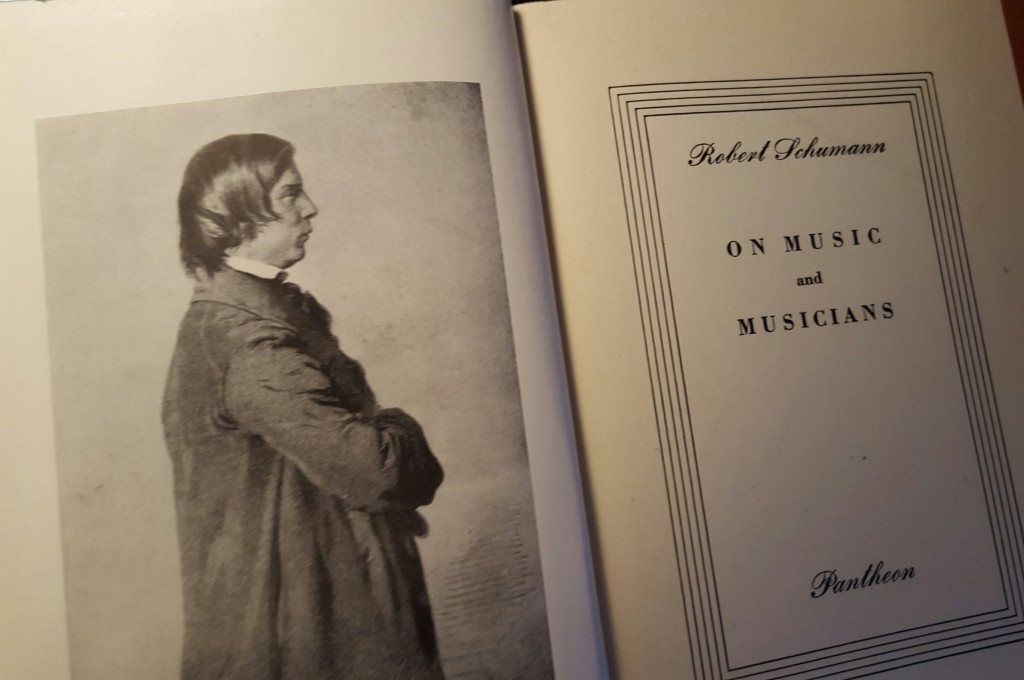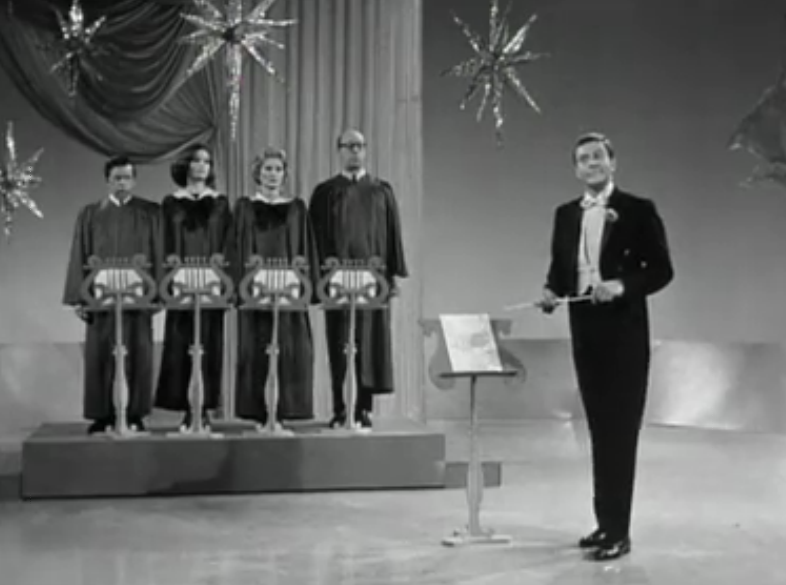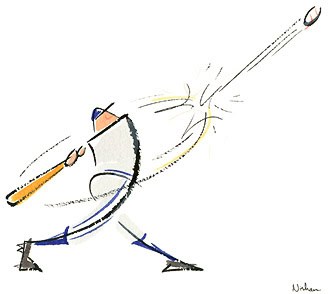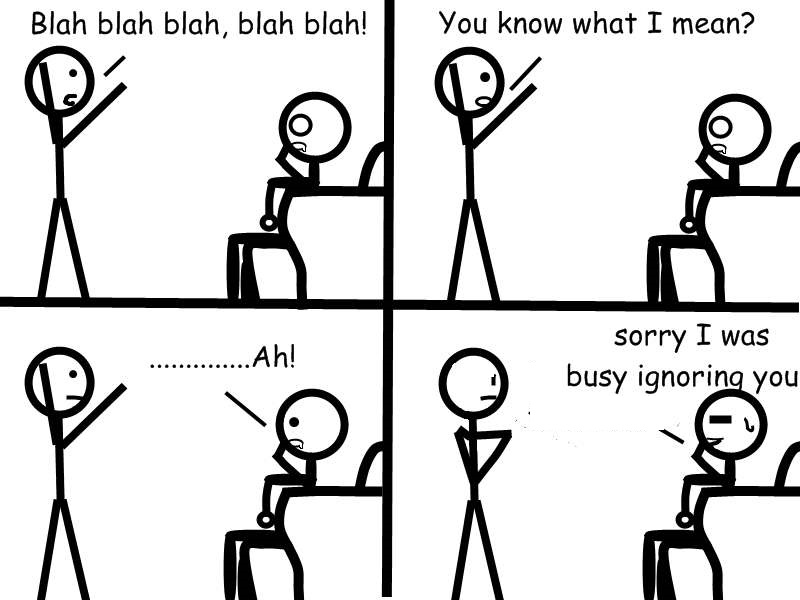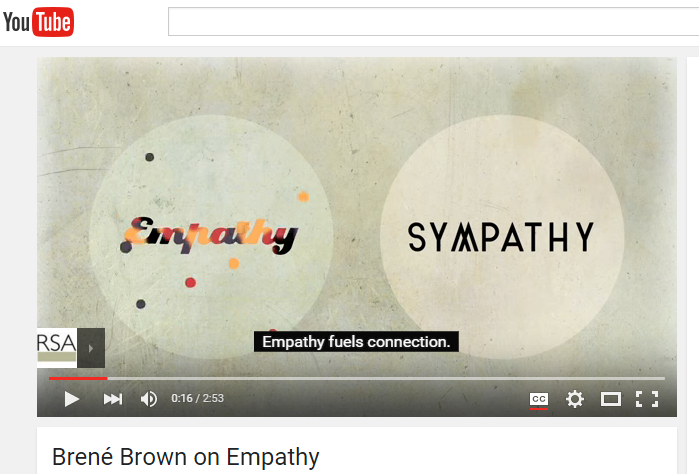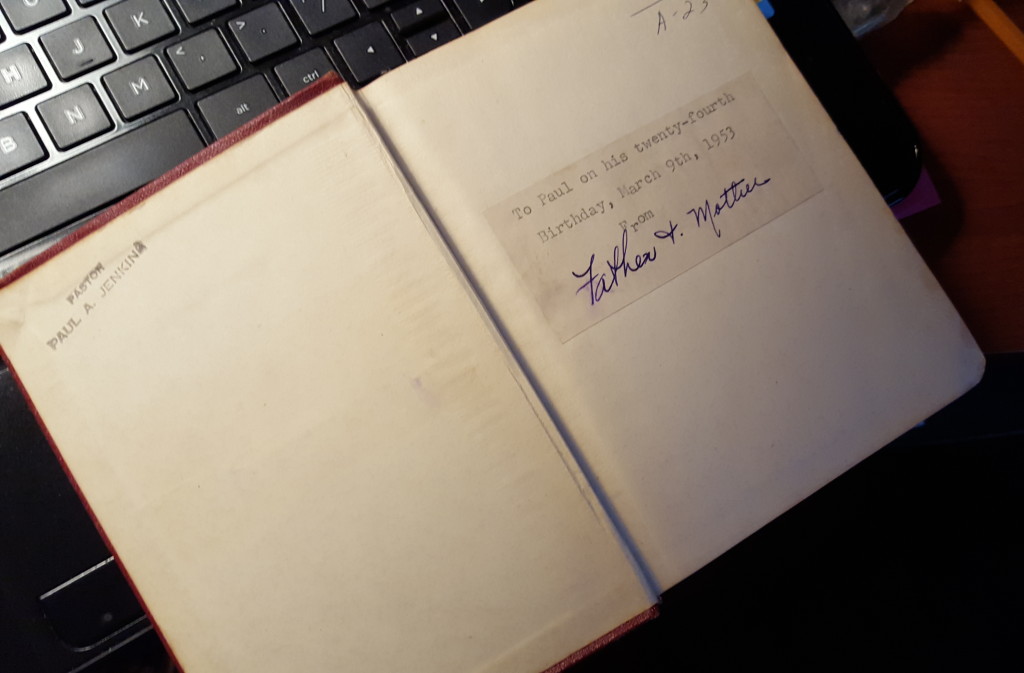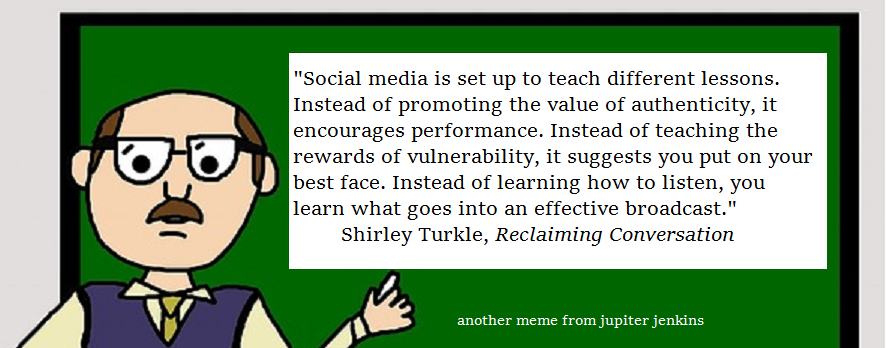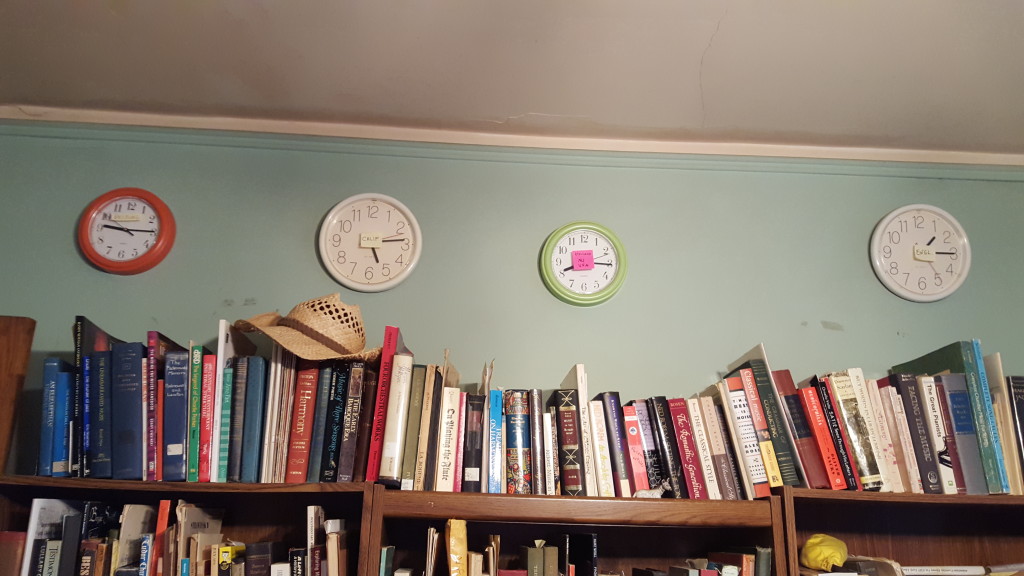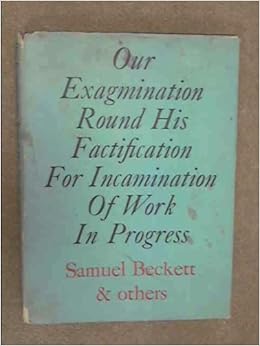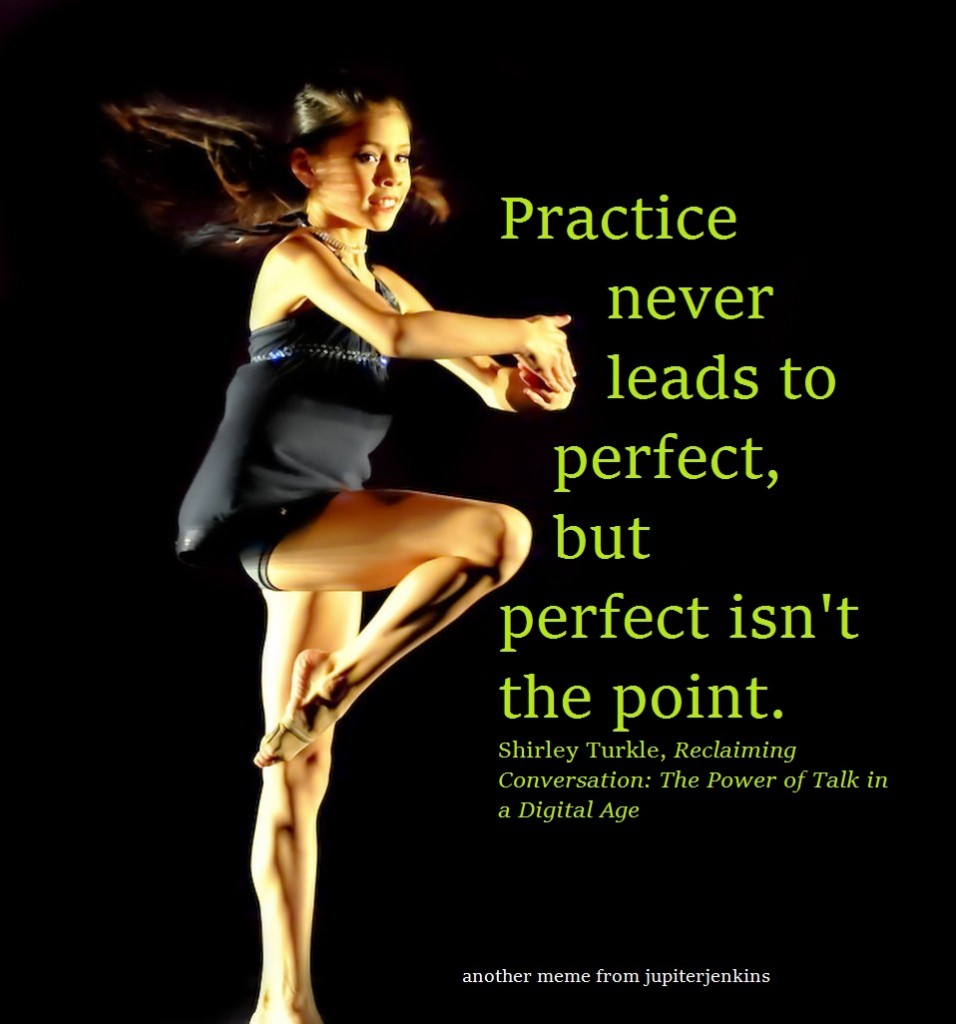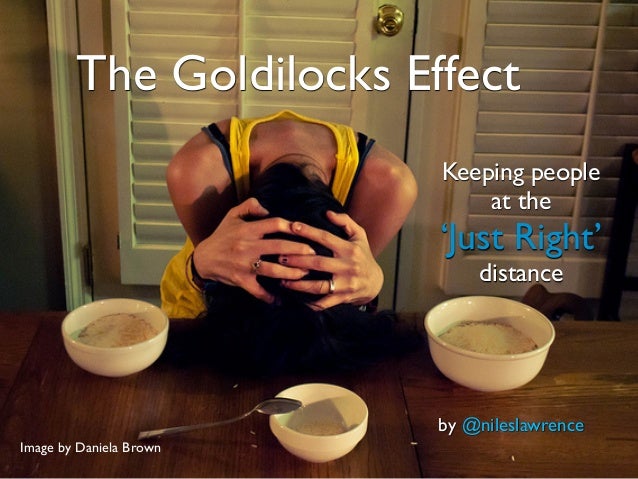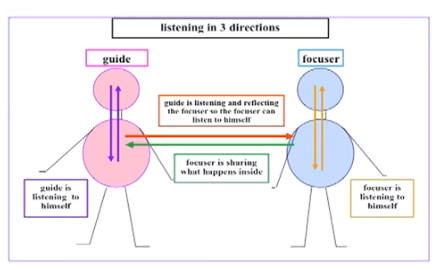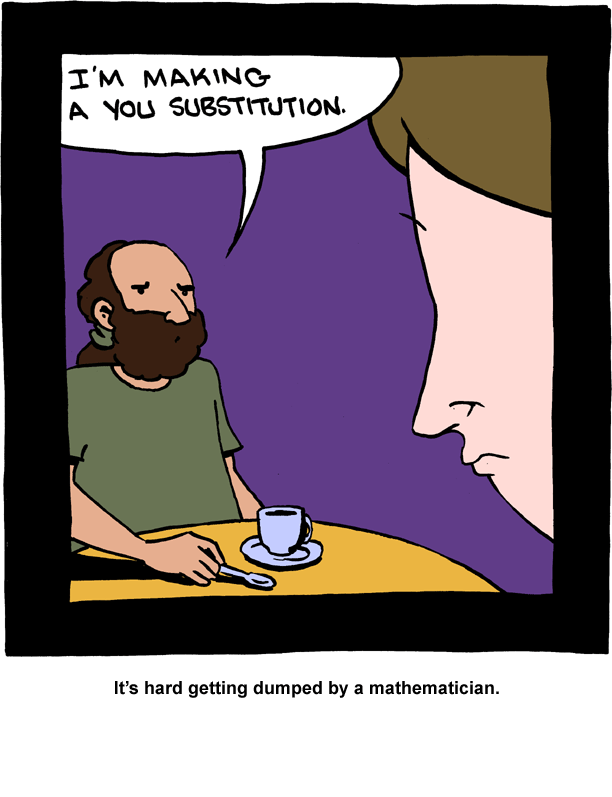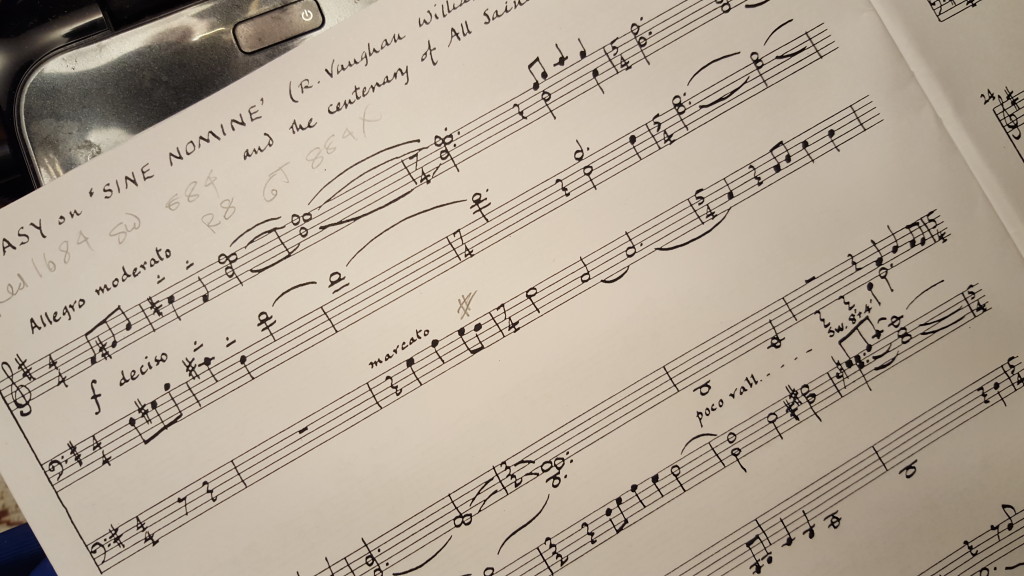
My church owns a full set of Hymns for Choirs arranged for mixed voices and organ by David Willcocks. This past Sunday we used two of them for choral elaborations with the congregation: “Blest are the pure in heart” and “Ye watchers and ye holy ones.”
We didn’t sing them from the books however. In the books they are laid out like this:
I guess great minds work alike, because after a discussion about how choir members found it difficult to follow the parts on the page, both I and a choir member made copies which separated out the voices.
I felt these two elaborations were very successful Sunday. Part of the trick is playing the organ soft enough for the cong to really hear them as they sing but strong enough to support choir and congregational singing. My experience of many organists who do this kind of this is that they play slightly too loud to help the situation.
So I’ve been looking through the Willocks book. There are several more of these that fit tunes that we regularly sing. I have made a list and this morning I began working on putting them into choral score.
It doesn’t take long to do one. So I’m thinking of gradually preparing them for future use this way. I did one this morning.
On another note (heh), Shirley Turkle has me thinking about the concept of privacy which she talks about in a chapter of her Conversation book called “The Public Square: what do we forget when we talk through machines?.”

First she explains how little privacy we have online. The she points out despite being “onstage,” it feels private. This leads not to a society where people are afraid that they are being constantly monitored (Orwellian), but one in which our preferences expressed online are fed back to us in algorhythmic suggestions for what brands and information to consume. This “bubble” then leaves us no room to ponder in solitude, instead we live with a distorted online mirror image of ourselves.

Turkle tells a story about how her Grandmother took her to the main public library in Brooklyn. They made a day of it and brought along sandwiches to picnic and talk. Her Grandmother explained to her that her choice of books to check out was her very private business. No one was able to check to see what she was reading. Likewise, her Grandmother had explained to her since she was small that her mail was also private.
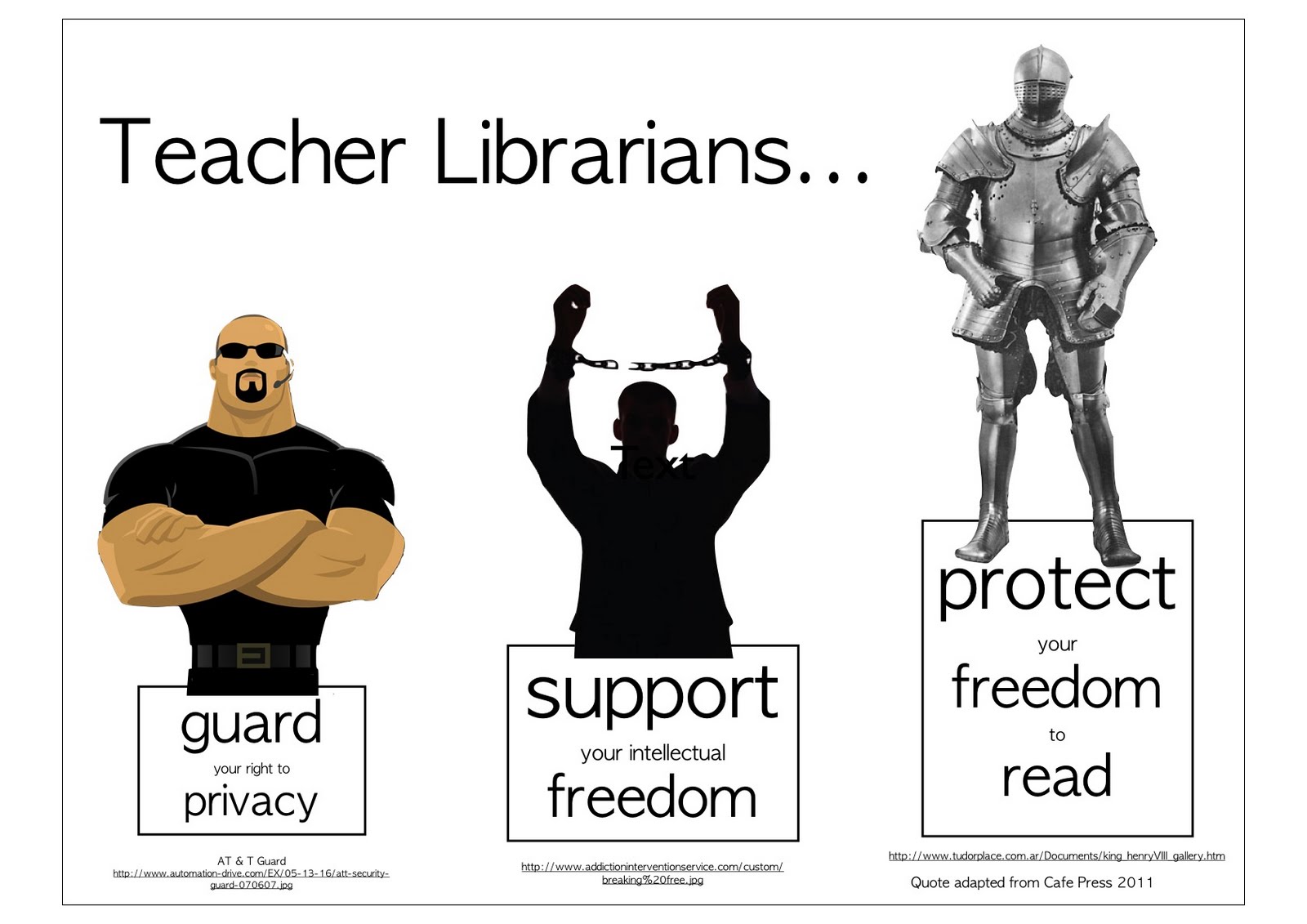
In the Europe of her Grandmother’s parents, the government “used the mail to spy on people.”

I have long thought that online information is accessible to governments and businesses.

I recall the Detroit Mayor Kwame Kilpatrick obviously acting like he had privacy and texting his lover. His texts were used as evidence of corruption and he was convicted of fraud, extortion, bribery and other stuff. I remember at the time thinking he was pretty naive about phone messages.

But now when I pair up the idea of privacy with solitude or room for thought, it gives me pause.

What kind of a bubble are we building unbeknownst to ourselves and how is it limiting our understanding of our life and society?
